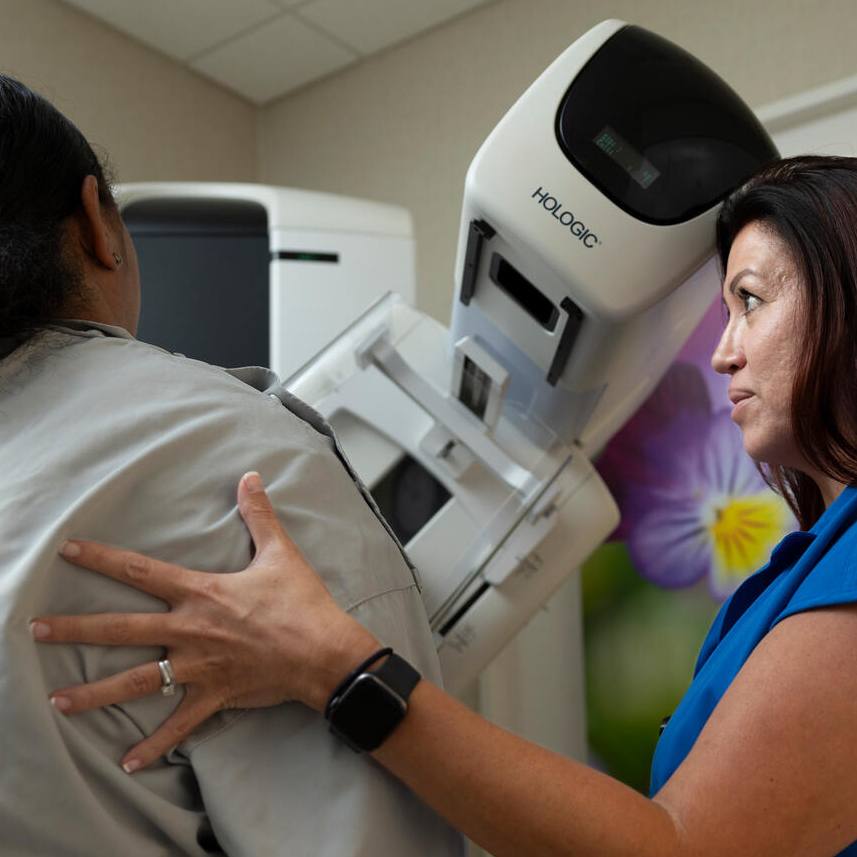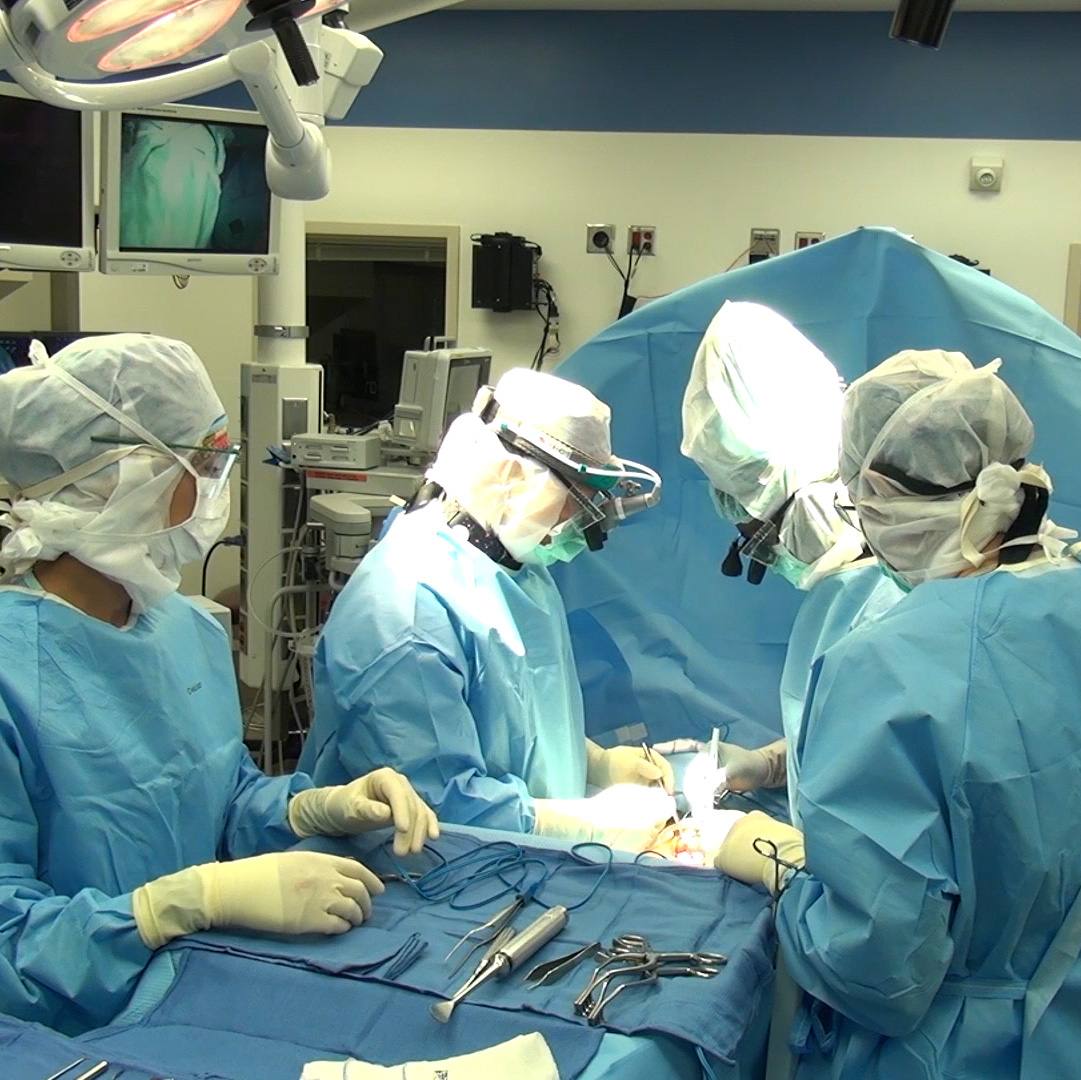-
Featured News
Consumer Health: Are you considering contact lenses?

Contact Lens Health Week will be observed Aug. 21–25, which makes this a good time to learn more about contact lenses and whether they might be right for you.
Eyeglasses can be fun and fashionable. And they're a safe and effective way to provide vision correction for most people. Contact lenses also can provide a safe and effective way to correct your vision, and more than 45 million people in the U.S. wear contact lenses, according to the Centers for Disease Control and Prevention.
If you're considering switching to contact lenses, here are some things you should consider.
Types of contact lenses
Contact lenses are an option for many people, including those tired of wearing glasses and not interested in laser refractive surgery, such as LASIK. Several types of contact lenses are available, and the best type for you will depend on your vision problem, lifestyle and budget.
Soft contact lenses are the most commonly prescribed contact lenses. They can be used to correct various vision problems, including:
- Nearsightedness, or myopia
- Farsightedness, or hyperopia
- Blurred vision, or astigmatism
- Age-related loss of close-up vision, or presbyopia
Rigid gas-permeable lenses also provide clear, crisp vision for people with most vision problems. This type might help if you've tried soft contact lenses and been unsatisfied with the results, or if you have dry eyes. Depending on your vision needs, you also might consider specialized contact lenses, such as hybrid and multifocal contact lenses.
Before getting contact lenses, see your eye care professional for a thorough eye exam and fitting. You might need a follow-up exam after one week, one month and six months, and then once every year or two years.
Caring for contact lenses
Eye infections and other injuries related to poor contact lens hygiene can lead to permanent damage to your eyes.
No matter the type of contact lens you choose, these guidelines can prevent problems:
- Practice good hygiene.
Before handling contacts, wash your hands with soap and water, rinse and dry them with a lint-free towel. - Minimize contact with water and saliva.
Remove your contact lenses before you swim or use a hot tub. Don't put your lenses in your mouth to wet them. - Take care with contact lens solutions.
Use only commercially prepared, sterile products designed for the type of contact lenses you wear. Discard the solution in the contact lens case each time you disinfect and store your lenses. Gently rub and rinse your lenses, as directed by your eye care professional. Don't use contact solution that's past the expiration date. - Replace contact lenses and cases, as recommended.
Follow manufacturer guidelines for replacing your contact lenses. Clean and rinse your case with sterile contact lens solution each time you finish using it. Don't use tap water. Consider flipping over the case while it's air-drying to drain any solution. Replace your case every three months. - Avoid over-the-counter contact lenses.
Over-the counter contact lenses can cause eye injuries and infections. If you're interested in decorative contact lenses, talk to your eye care professional.
Connect with others talking about vision, contact lenses, and supporting one another in the Eye Condition Support Group on Mayo Clinic Connect, an online patient community moderated by Mayo Clinic.







